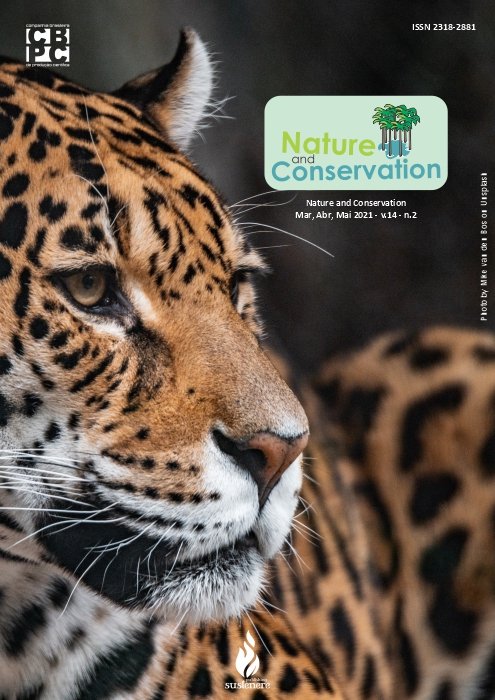Perception of the risk to sliding in vulnerable areas in Serra do Bodopitá, Queimadas/PB
DOI:
https://doi.org/10.6008/CBPC2318-2881.2021.002.0013Keywords:
Risk, Slip, GeographyAbstract
The environmental risks associated with landslides increase in intensity and the perception of them is at an inversely proportional growth level, aggravating the phenomena and exposing the agents to alarming social, economic and environmental consequences. Therefore, prevention is the best way to measure the problem and prevent new disasters, however, when it is irremediable, risk management is a necessity. This research aimed to evaluate the perception of the population that resides in the municipality of Queimadas / PB, located on the slopes of the Serra de Bodopitá, facing the geological-geomorphological risk of occurrence of block bearing; through exploratory research, with field visit. The Geography of risk helps to analyze through the concept of landscape - perception of the lived space in its form, functionality, structure and process - and the place with the feeling of belonging that generally positions the resident population in the naturalization of the evident risk. It appears that factors such as: home ownership, proximity to family and employment are the main variables that make it possible to neutralize the perception of risk, as society knows the risks and how harmful they can be, but disregards them.
Downloads
Downloads
Published
Issue
Section
License
The CBPC - Companhia Brasileira de Produção Científica (Brazil CNPJ: 11.221.422/0001-03) the material rights of the published works. The rights relate to the publication of the work anywhere in the world, including rights to renewals, expansions and dissemination of the contribution, as well as other subsidiary rights. All electronically published works may subsequently be published in printed collections under the coordination of this company and / or its partners. The authors preserve the copyright, but are not allowed to publish the contribution in another medium, printed or digital, in Portuguese or in translation.









